On December 9, a delegation of Uzbek think tanks participated in a roundtable in Paris, France, on the theme: “Current Issues of Integration Processes in Central Asia and Expanding Dialogue between Uzbekistan and the European Union.” The delegation also held a series of meetings with European partners.
The event was organized with the support of the Embassy of the Republic of Uzbekistan in France in cooperation with the Institute for Prospective and Security in Europe.
The roundtable brought together about 40 international experts convened by the Institute for Prospective and Security in Europe.
Uzbekistan's expert community was represented by leading analysts from the Center for Economic Research and Reforms, Institute for Strategic and Interregional Studies, the Information and Analytical Center for International Relations, the Center for Strategic Development, the Center for Foreign Policy Studies, and the Center for International Initiatives.
Opening the conference, Uzbekistan’s Ambassador to France, Nodir Ganiev, underscored the importance of the large-scale reforms implemented in Uzbekistan since 2017, as well as the priority directions of the country’s foreign policy.
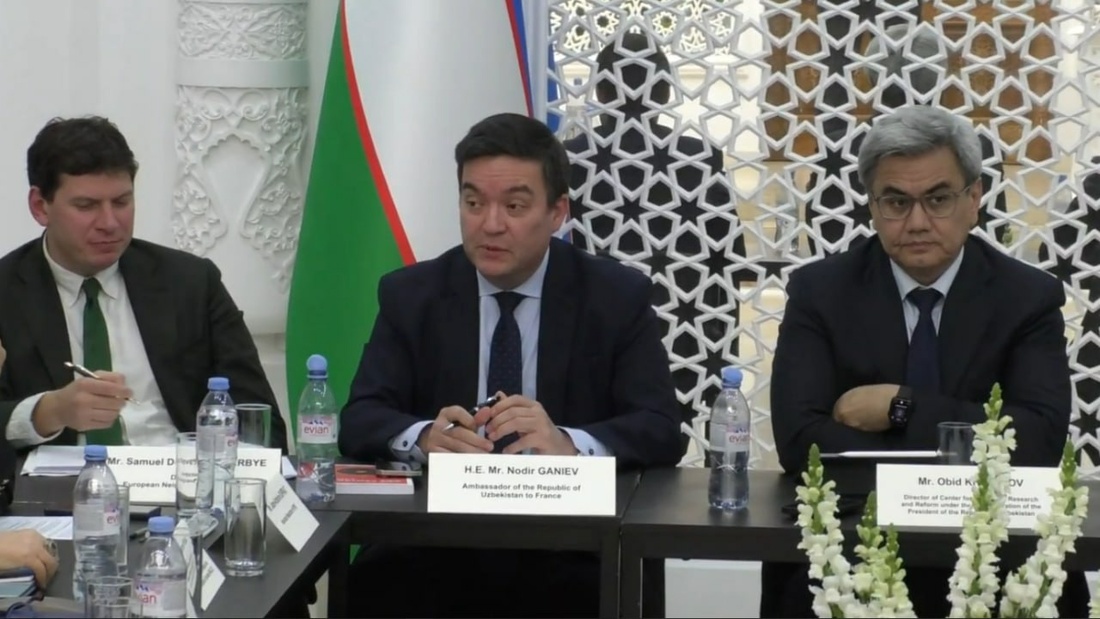
During his presentation, Obid Khakimov, Director of the Center for Economic Research and Reforms (CERR), provided an overview of the current state and prospects of relations between Uzbekistan and France, as well as cooperation in the “Uzbekistan-EU” format. He also elaborated on issues concerning the Central Asian region.
According to CERR’s analysis, key areas for the further development of cooperation have been identified. In particular, Uzbekistan has the potential to expand exports of certain products that France imports in significant volumes globally.
The priority sectors for collaboration include high-tech industries, such as metallurgical products, chemical and textile goods, fresh and processed fruits and vegetables, polymers, and specific types of electrical products.
There are also promising opportunities for investment cooperation in the food and pharmaceutical industries, agriculture - particularly in winemaking - and the development of Uzbekistan’s tourism infrastructure.
According to the Center’s estimates, mutual trade between Uzbekistan and France operates under the most-favored-nation regime. Over the past seven years, trade turnover between the two countries has grown significantly by 3.8 times. In 2023 alone, trade turnover reached $985 million, with exports totaling $392 million and imports $593 million.
The total portfolio of active and prospective investment projects exceeded $11 billion from 2018 to 2023. Currently, Uzbekistan hosts 42 enterprises with French capital participation, alongside over 1,000 companies from EU member states overall.
On the French side, significant interest was expressed in the reforms underway in Uzbekistan, highlighting the importance of this cooperation for European economic circles.
Emmanuel Dupuy, Director of the Institute for Prospective and Security in Europe (IPSE), emphasized Uzbekistan’s importance as a key partner for France in Central Asia and the development of bilateral political, economic, and cultural-humanitarian cooperation.
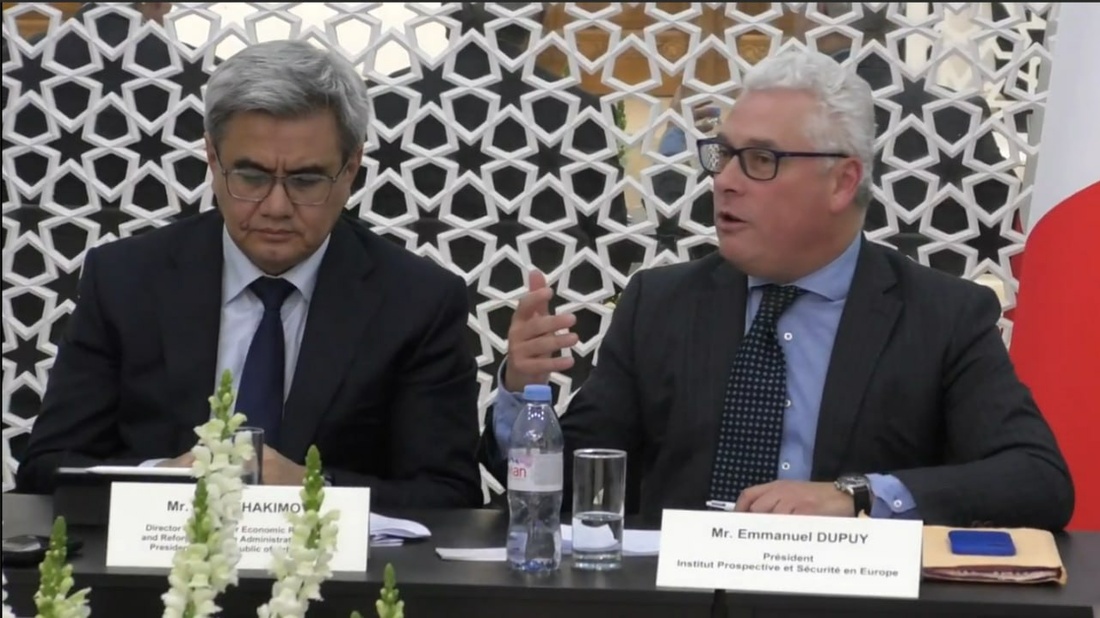
According to Dupuy, Uzbekistan has demonstrated remarkable progress in recent years by pursuing an open and balanced foreign policy. The country has played an essential role in ensuring security and stability in Central Asia.
Moreover, the expert noted that Uzbekistan has actively embraced multilateral relations and partnerships with diverse international stakeholders, moving beyond a reliance on purely bilateral ties.
“Since 2017, under the leadership of President Mirziyoyev, Uzbekistan has demonstrated a shift from unilateralism to multilateralism. This approach not only strengthens Uzbekistan’s position on the international stage but also attracts investments, technologies, and expertise, contributing to more sustainable economic growth and social development,” stated the head of the Institute for Prospective and Security in Europe.
Emmanuel Dupuy also noted that Uzbekistan’s stability and prosperity, as the most strategically important state in Central Asia, are of paramount importance for the entire region.
Professor Catherine Poujol of the National Institute of Oriental Languages and Civilizations (INALCO) highlighted her extensive experience with the Central Asia Research Institute (IFEAC) and her deep understanding of Uzbekistan.
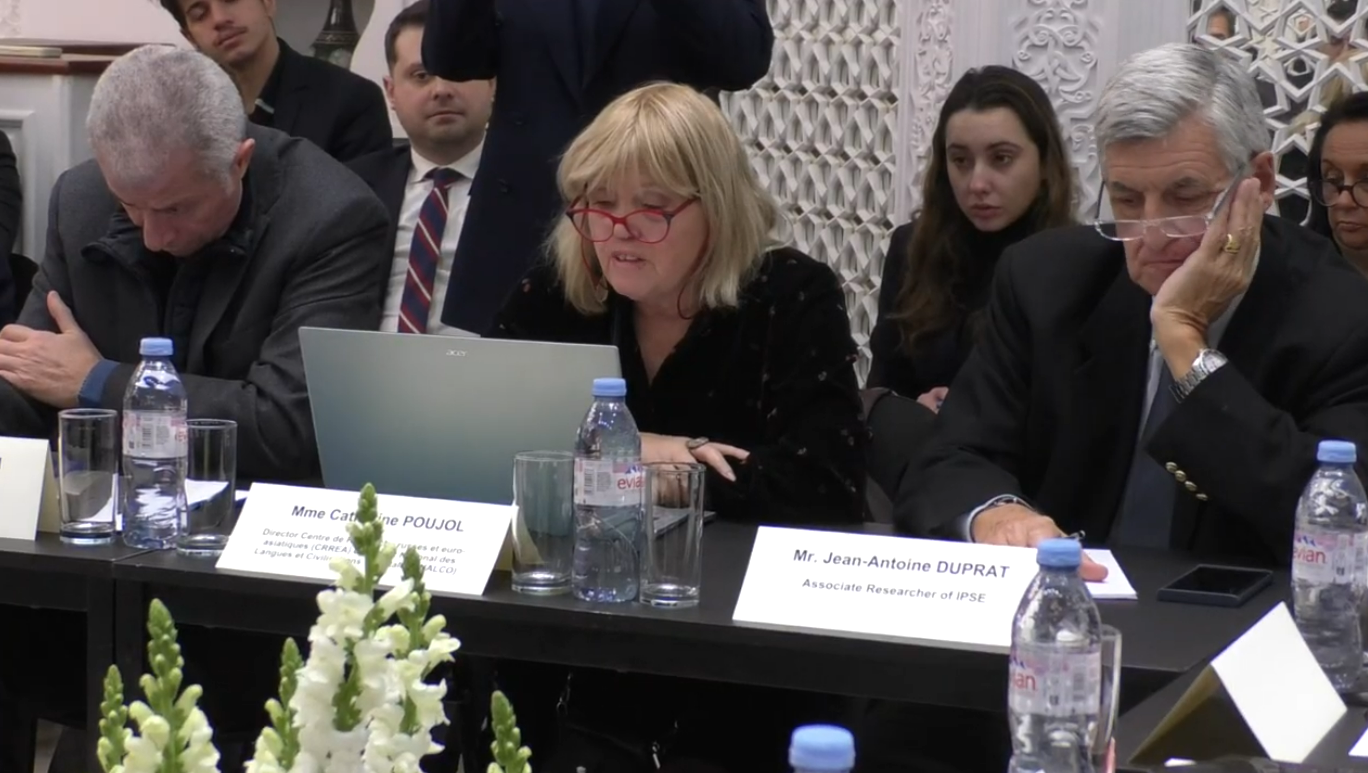
According to Professor Poujol, Uzbekistan’s greatest asset lies in its human capital. She emphasized that the country’s significant youth population creates unique opportunities for growth and progress.
The professor also pointed out that Central Asian states have increasingly recognized the importance of collective action.
“Today, the most promising states in Central Asia-Uzbekistan and Kazakhstan - resemble the France-Germany tandem in EU integration. These two nations aim to shift the focus away from competition and toward cooperation, engaging other regional states in the process,” said Professor Poujol.
She cited the consultative meetings of Central Asian leaders as clear evidence of this shift. In this context, she highlighted the initiatives proposed by President Mirziyoyev at the Sixth Consultative Meeting of Central Asian Leaders held in August this year in Astana. These initiatives focused on addressing climate change, the region’s ecological challenges, and the development of a regional strategy for the sustainable use of transboundary water resources.
Michael Levinson, an expert from the French Institute of International Relations (IFRI), described Uzbekistan as a highly promising state in Central Asia, drawing attention to the rapid development of bilateral relations.
In his assessment, Uzbekistan is actively supporting regional cooperation and striving to ensure peace and stability in the region through economic partnerships.
Amid the liberalization of Uzbekistan’s economy, there is growing interest from French businesses. According to Levinson, “major French companies have shown significant interest in implementing projects in Uzbekistan.” He highlighted the creation of favorable conditions for protecting the rights of foreign investors and emphasized Uzbekistan’s considerable potential for developing renewable energy projects.
The Secretary General of the Francophonie Assembly, D. Сesselin, expressed interest in establishing cooperation with the Legislative Chamber of the Oliy Majlis of the Republic of Uzbekistan.
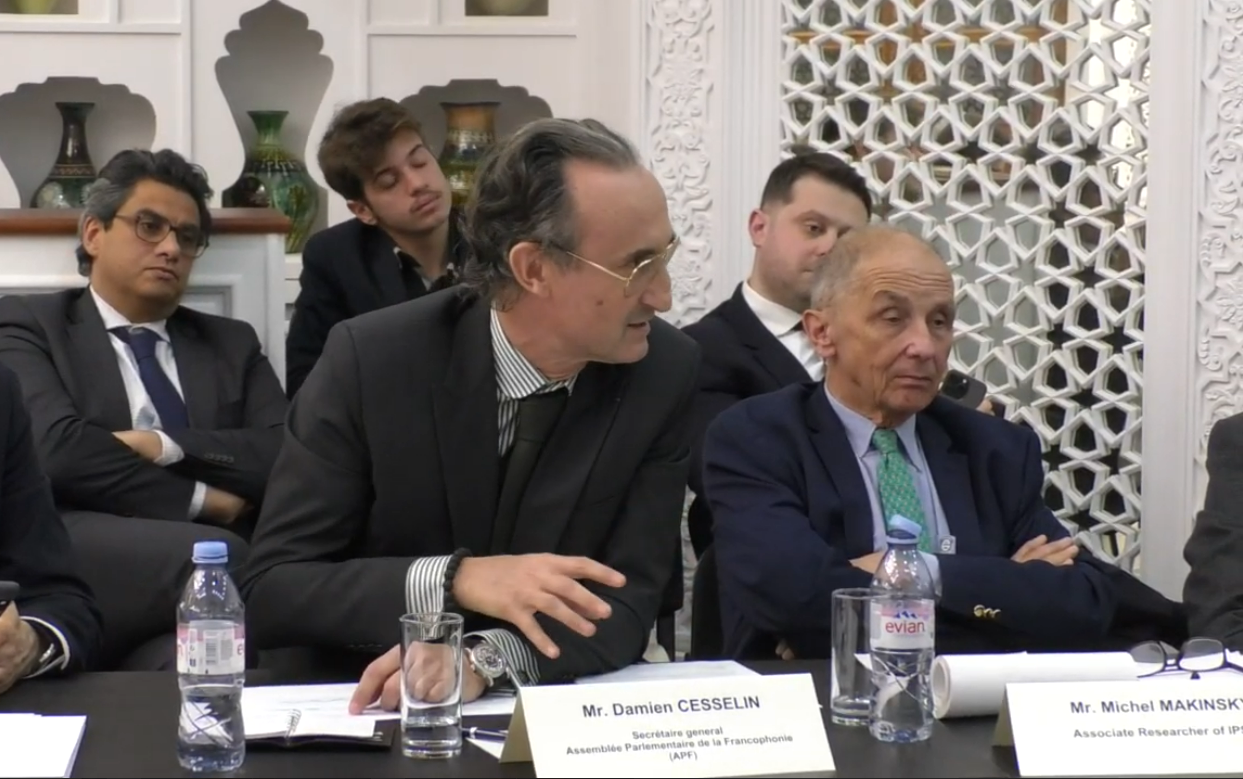
During the roundtable, high praise was given to Uzbekistan’s socio-economic modernization efforts as well as its pragmatic and constructive foreign policy, which contributes to strengthening regional stability.
Following the event, representatives of French political and economic circles expressed a strong interest in developing partnerships with Uzbekistan’s research and educational institutions.
From December 9 to 12, 2024, a delegation from the Republic of Uzbekistan is visiting Paris and Brussels to provide extensive briefings to European policymakers and experts on the country’s large-scale reform processes.
The primary goals of the visit include strengthening bilateral relations, enhancing socio-economic cooperation, and discussing new opportunities for joint projects across various sectors.
CERR Public Relations Service
Phone: (78) 150 02 02 (417)

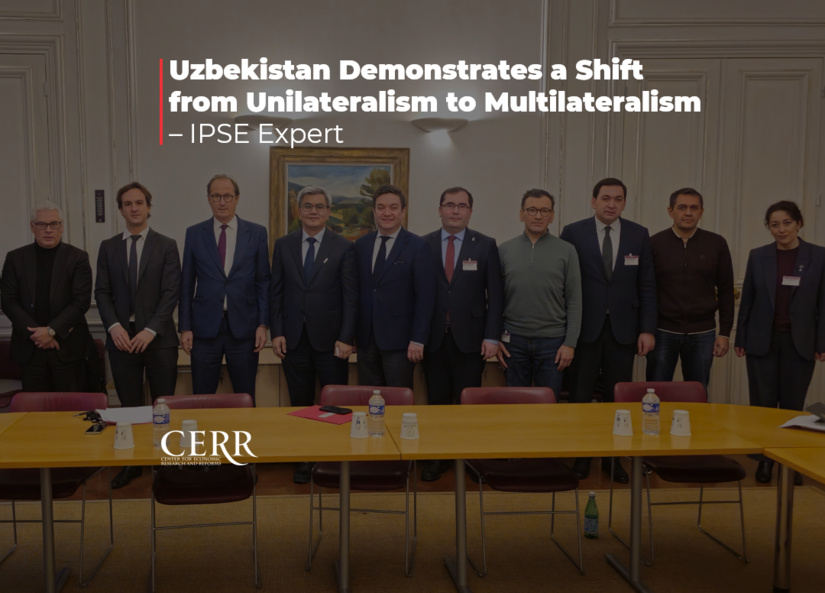
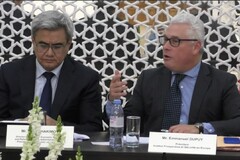
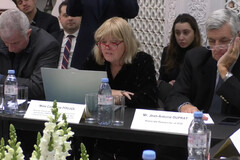
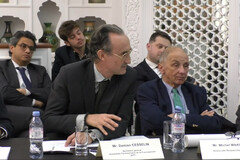
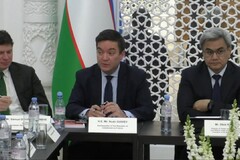
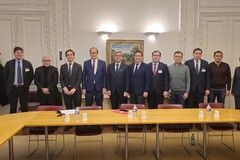



















leave a comment